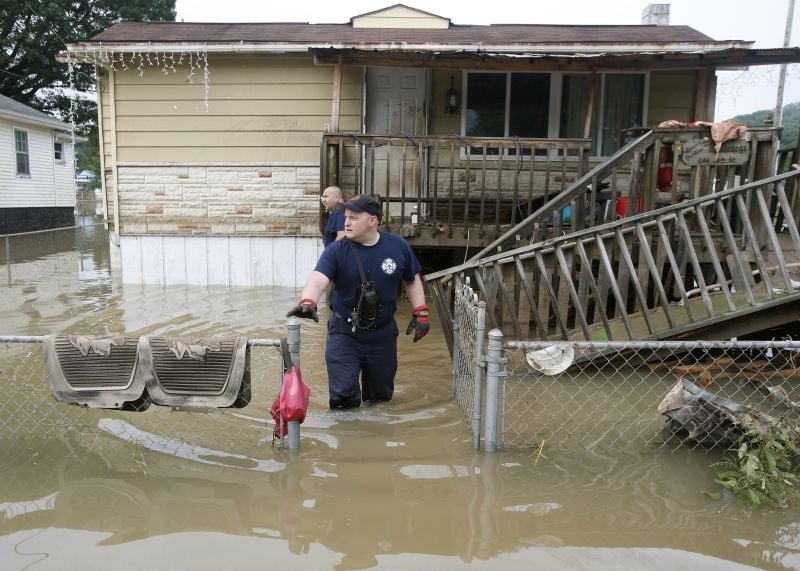 Bridgeport W.Va. fireman, Ryan Moran, exits a home as he and a crew search homes in Rainelle, W.Va., Saturday, June 25, 2016. Heavy rains that pummeled West Virginia left multiple people dead. (AP Photo/Steve Helber)
Bridgeport W.Va. fireman, Ryan Moran, exits a home as he and a crew search homes in Rainelle, W.Va., Saturday, June 25, 2016. Heavy rains that pummeled West Virginia left multiple people dead. (AP Photo/Steve Helber)
This story is reprinted with permission from FC&S Legal, the industry's only comprehensive digital resource designed for insurance coverage law professionals. Visit the website to subscribe.
|No provisions to reform NFIP
The U.S. House of Representatives has voted overwhelmingly to extend the National Flood Insurance Program (NFIP) to November 30.
Recommended For You
Want to continue reading?
Become a Free PropertyCasualty360 Digital Reader
Your access to unlimited PropertyCasualty360 content isn’t changing.
Once you are an ALM digital member, you’ll receive:
- Breaking insurance news and analysis, on-site and via our newsletters and custom alerts
- Weekly Insurance Speak podcast featuring exclusive interviews with industry leaders
- Educational webcasts, white papers, and ebooks from industry thought leaders
- Critical converage of the employee benefits and financial advisory markets on our other ALM sites, BenefitsPRO and ThinkAdvisor
Already have an account? Sign In Now
© Touchpoint Markets, All Rights Reserved. Request academic re-use from www.copyright.com. All other uses, submit a request to [email protected]. For more inforrmation visit Asset & Logo Licensing.








